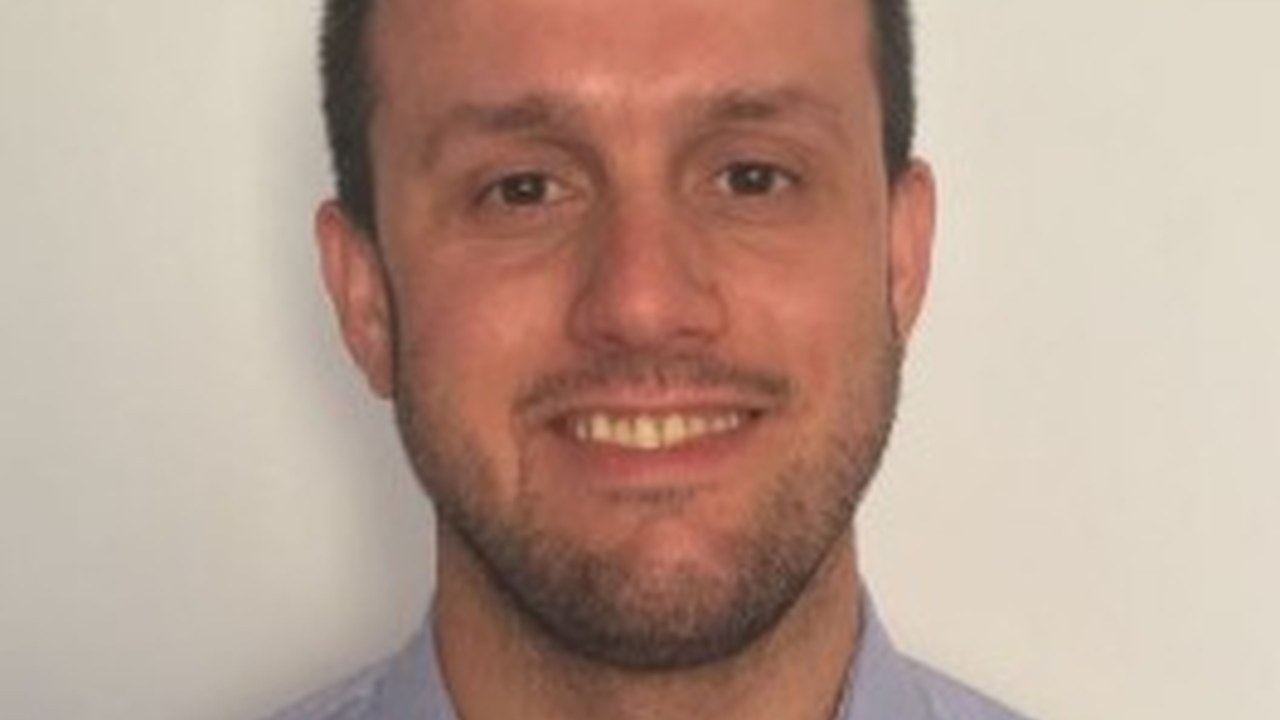From alkali-ion batteries toward anode-less batteries: current developments, issues, and challenges
CIC nanoGUNE Seminars
- Speaker
-
Lorenzo Fallarino
CIC energiGUNE, Basque Research and Technology Alliance (BRTA) - When
-
2024/04/08
11:00 - Place
- CIC nanoGUNE Seminar room, Tolosa Hiribidea 76, Donostia-San Sebastian
- Host
- Andreas Berger
- Add to calendar
-
iCal

Alkali-based batteries seem to be all the rage, mostly because of the varied places that they can be deployed, from a small smartphone to an electric automobile, from pacemakers to emergency power backup.1
During the last three decades, technology has been developed progressively, improving battery properties, particularly aiming for higher energy density values.2,3 Such improvements, along with the need for a global transition towards a more sustainable mobility model, seek primarily to meet the performance demands of automotive industry, which market is skyrocketing.
Accordingly, this seminar covers the fundamentals, the current state of the art, and showcase the most advanced battery technology that will be coming our way, while providing insights on each battery architecture, their design, and the validation methodologies of rechargeable alkali-based batteries.
1 A.Van der Ven, Z. Deng, S. Banerjee, and S. Ping Ong, Chemical Reviews 120, 14, 6977–7019 (2020).
2 C. Heubner, S. Maletti, H. Auer, J. Hüttl, K. Voigt, O. Lohrberg, K. Nikolowski, M. Partsch, A. Michaelis, Advanced Functional Materials 31, 2106608 (2021).
3 B. Acebedo, M. C. Morant‐Miñana, E. Gonzalo, I. Ruiz de Larramendi, A. Villaverde, J. Rikarte, and L. Fallarino, Advanced Energy Materials 13, 2203744 (2023).
About the speaker
Dr. Lorenzo Fallarino has focused his research on devising innovative nanomaterials to realize performance advances in technology applications. He has extensive experience in thin films deposition and wide knowledge in materials characterizations, including X-ray and Neutron diffraction/reflection, magnetometry, FMR and spin-waves spectroscopies, as well as ion beam implantation/irradiation techniques. He holds a Bachelor and Master degrees in Physics from University of Perugia (Italy). In 2017 he completed his international Ph.D. in Physics (cum laude & extraordinary award, under the supervision of Dr. A. Berger at CIC nanoGUNE), achieving the deterministic control of magnetic profiles and their characteristics by applying magnetic and thermal gradients. He investigated such effects by using large-scale facility experiments (at NIST-NCNR and NYU, USA). Later, Dr. Fallarino joined in 2017 the magnetism division of the Helmholtz-Zentrum Dresden-Rossendorf (Dresden, Germany) as postdoctoral researcher, working on the development of novel multilayer materials to serve as emitter/antenna for 5G technology, whose properties were optimized by ions irradiation/implantation. In 2019 he became Maria de Maeztu researcher at CIC nanoGUNE, where he devised a revolutionary approach that combines standard magnetic materials with predefined compositional nanostructure design. Finally, he joined CIC energiGUNE in 2021 as a postdoctoral researcher to devise novel strategies of promoting uniform alkali metal ions deposition during (dis-)charge processes and to design and manufacture artificial solid anode/electrolyte interphase (SEI) aiming at high-energy alkali-based batteries.
